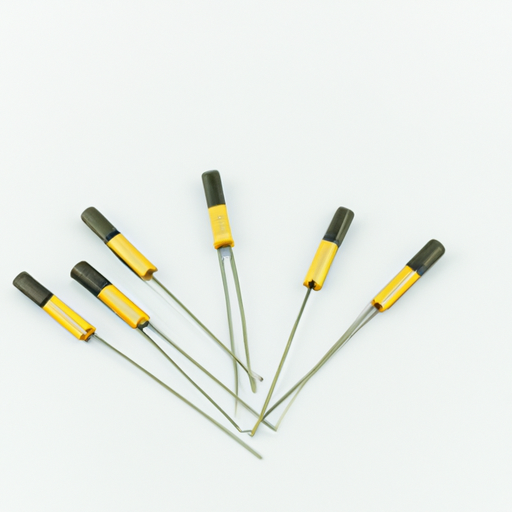Overview of PTC Thermistors
Positive Temperature Coefficient (PTC) Thermistors are specialized resistive temperature devices that exhibit a significant increase in resistance as temperature rises. This unique characteristic makes them highly valuable in a variety of applications, including self-regulation, temperature sensing, and overcurrent protection. Their ability to respond to temperature changes quickly and reliably positions them as essential components in modern electronic systems.
Core Functional Technology of PTC Thermistors
| 1. Self-Regulating Behavior | |
| 2. Temperature Sensing | |
| 3. Fast Response Time | |
| 4. Durability and Reliability | |
| 5. Low Power Consumption | |
| 1. Overcurrent Protection in Power Supplies | |
| 2. Temperature Control in Heating Elements | |
| 3. Motor Protection | |
| 4. Automotive Applications | |
| 5. Consumer Electronics | |
| 6. Home Appliances |
Application Development Cases
Conclusion
PTC thermistors, such as the CFR-50JB-52-15K, are integral to modern electronic applications due to their unique properties and functionalities. Their capabilities in providing overcurrent protection, temperature sensing, and rapid response make them indispensable across various industries, including automotive, consumer electronics, and home appliances. As technology continues to advance, the applications and effectiveness of PTC thermistors are expected to expand, driving innovation in thermal management and protection solutions. Their versatility and reliability position them as key components in the development of safer and more efficient electronic systems.






